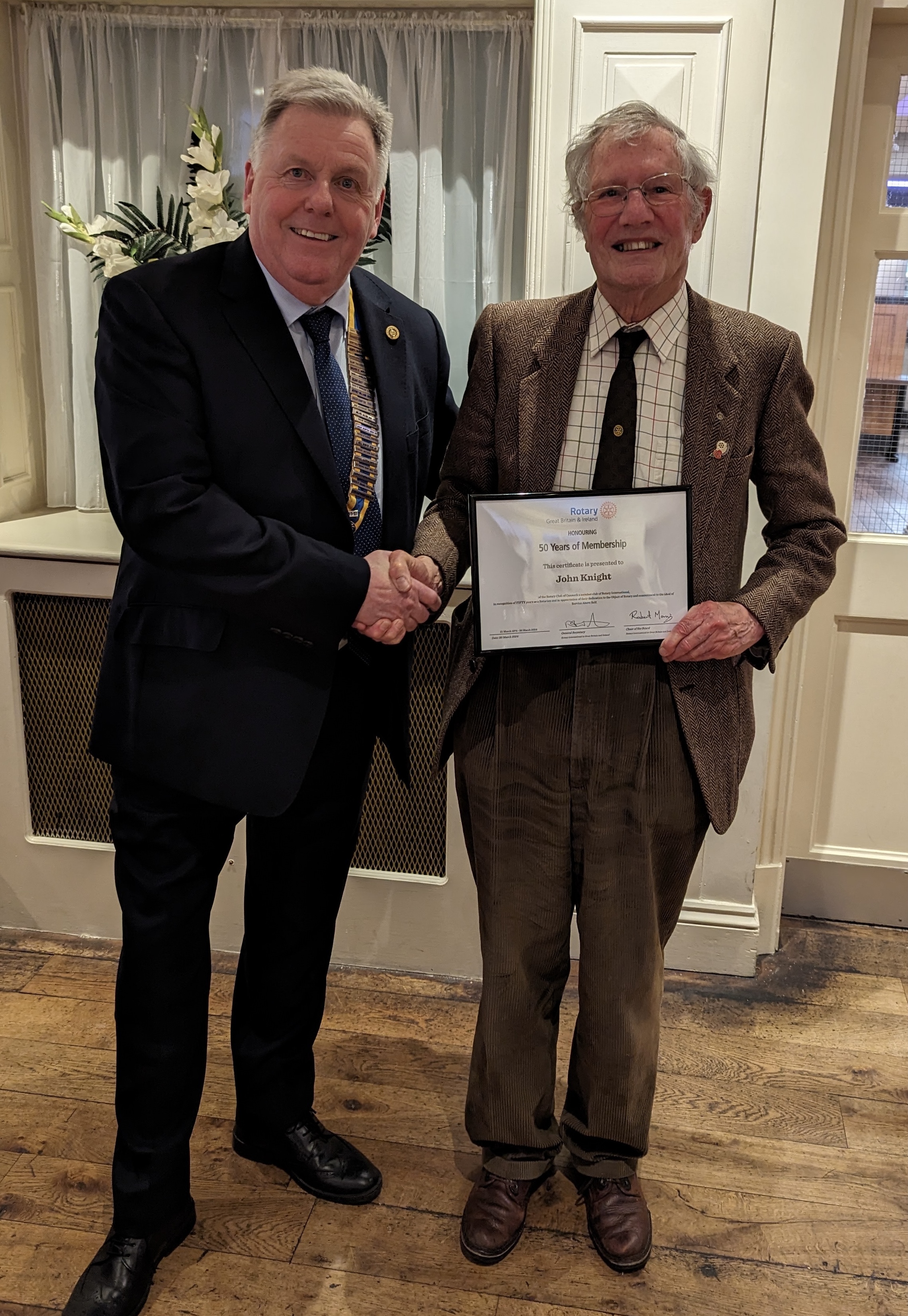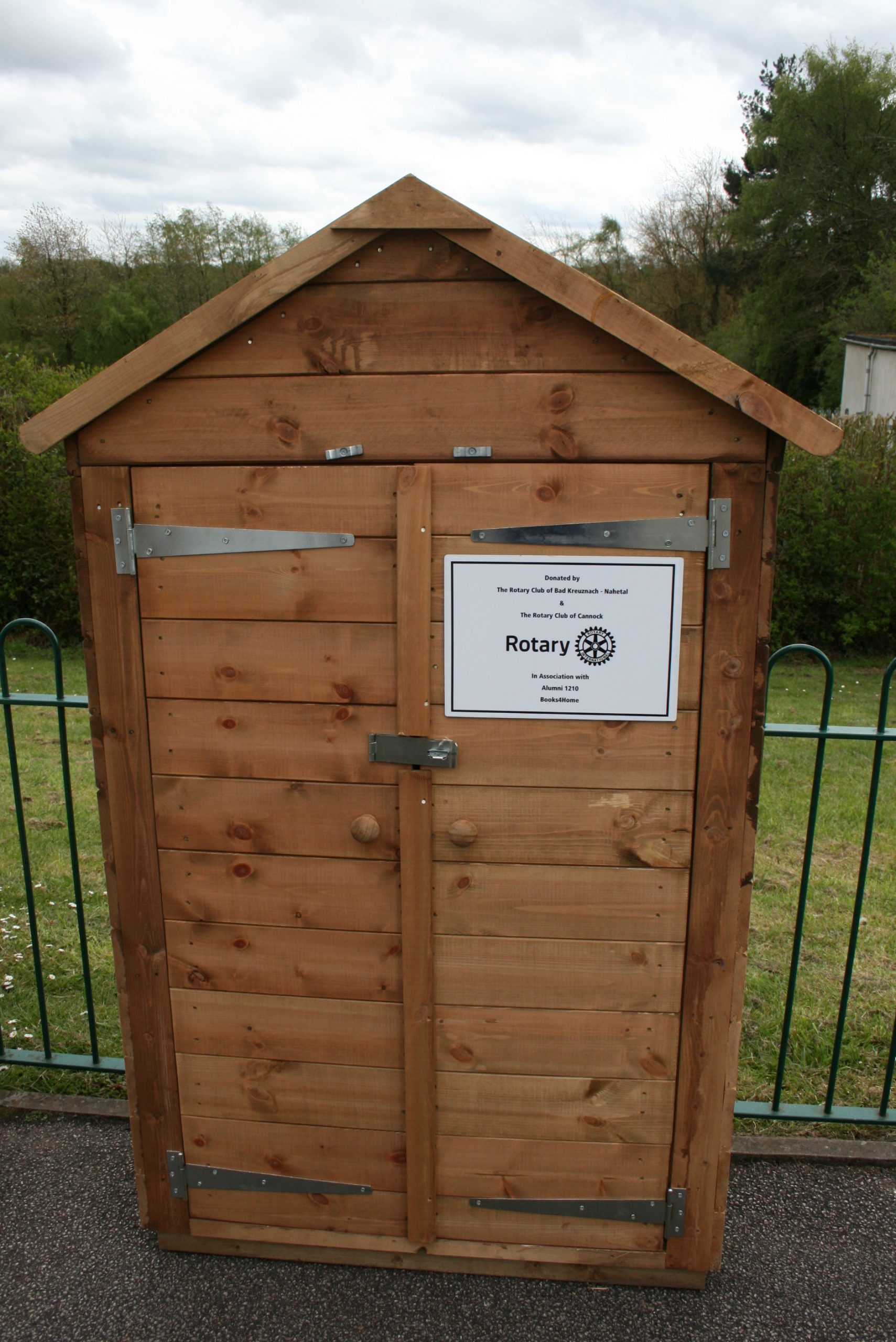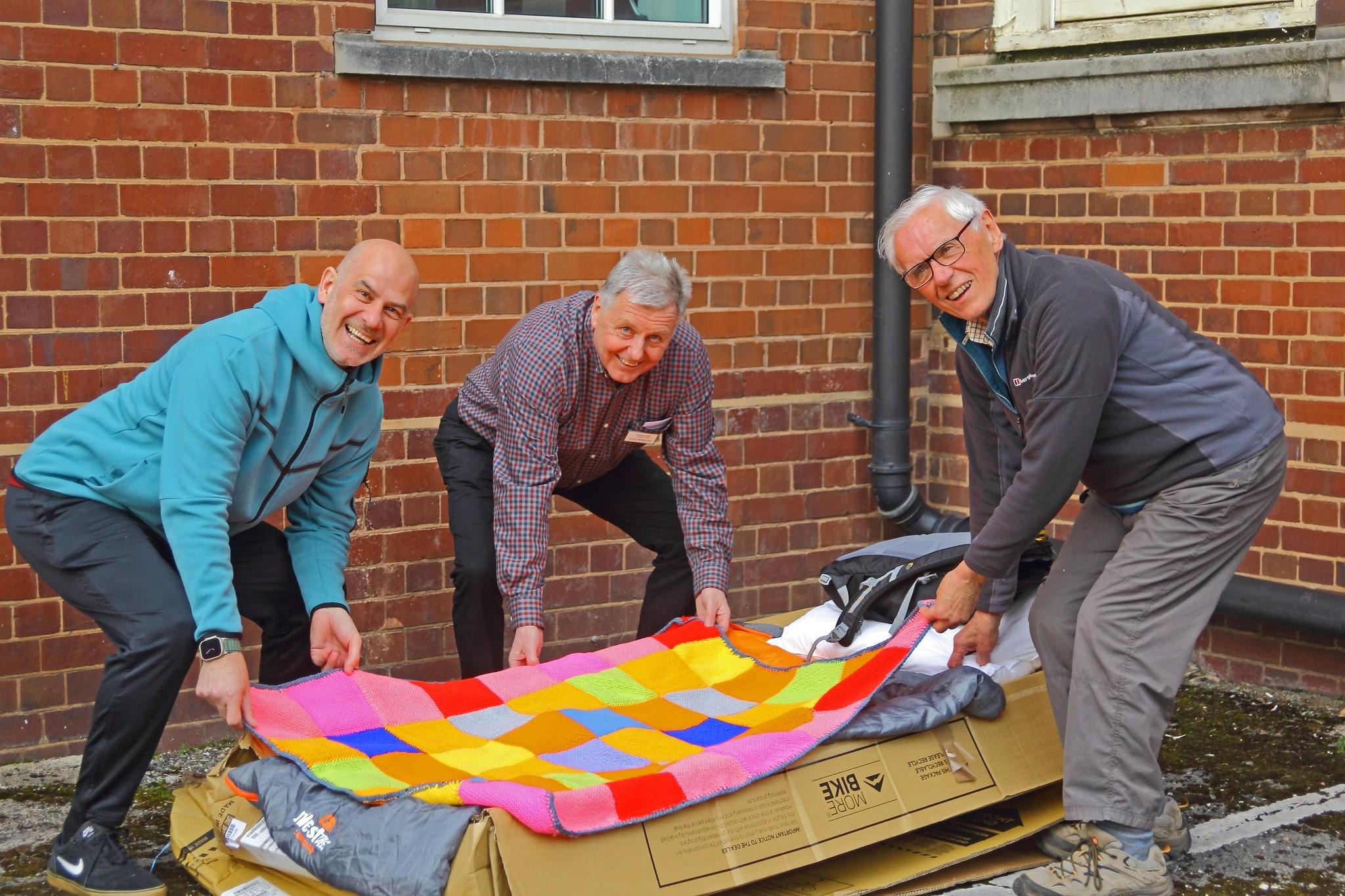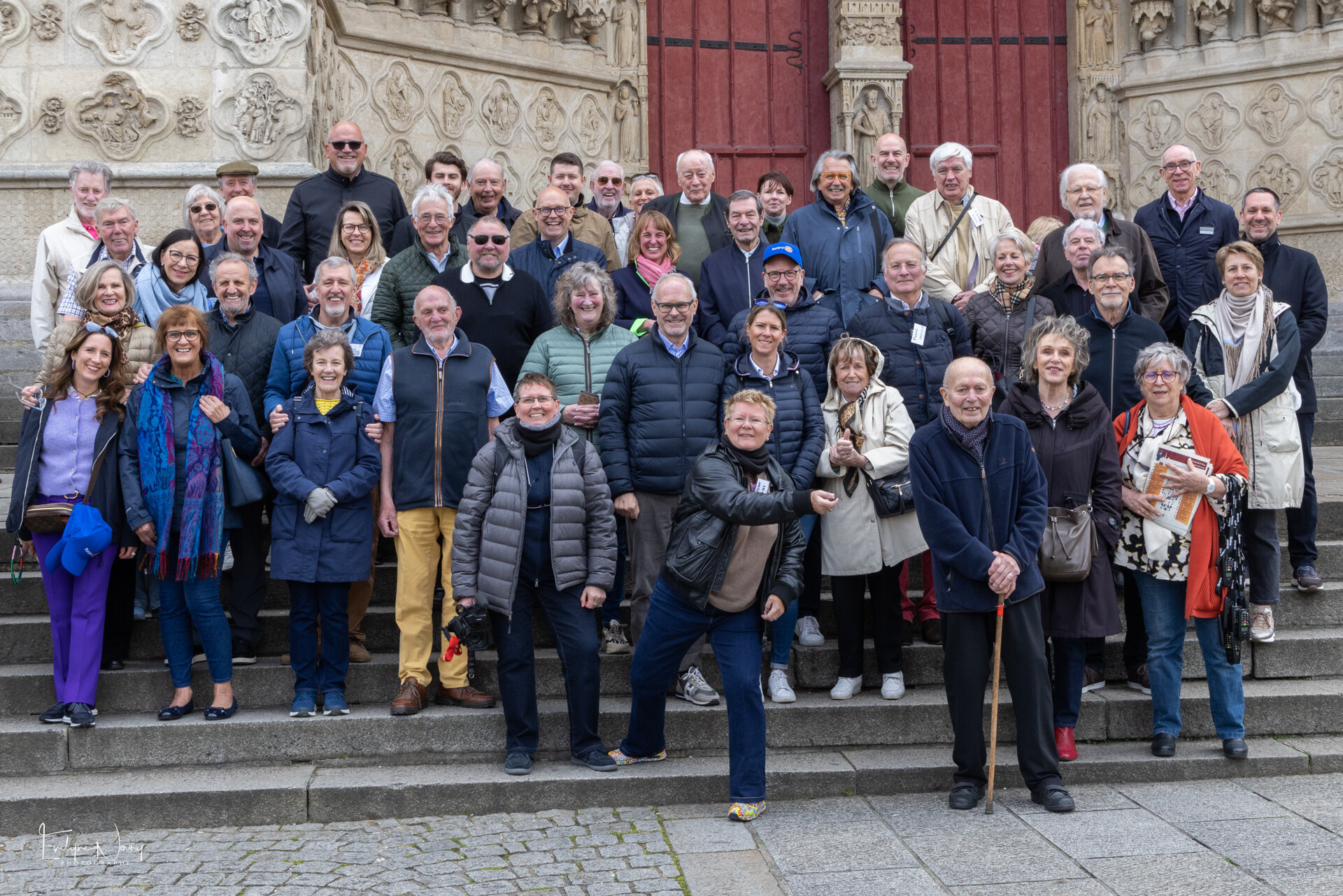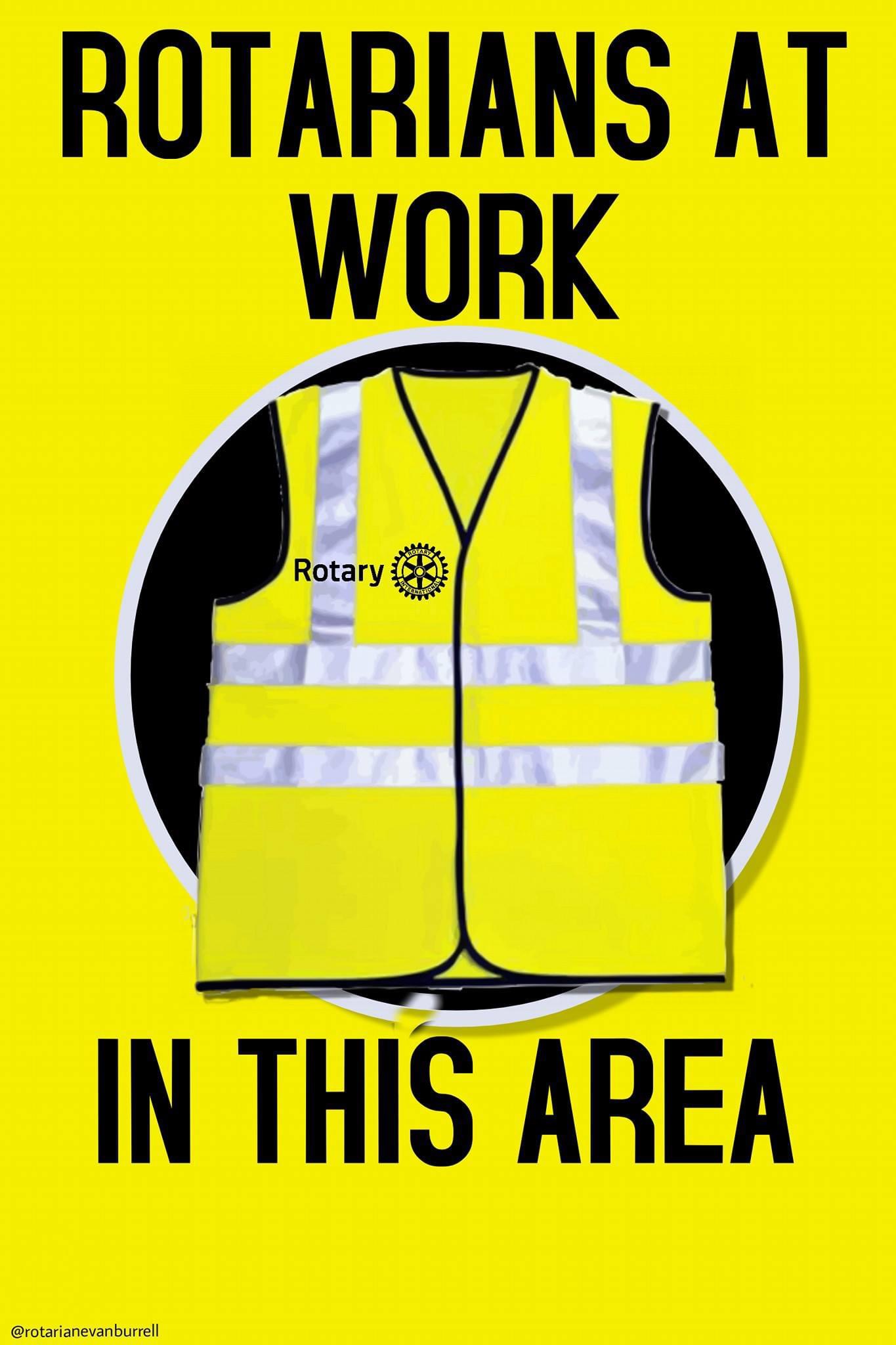Project North Star
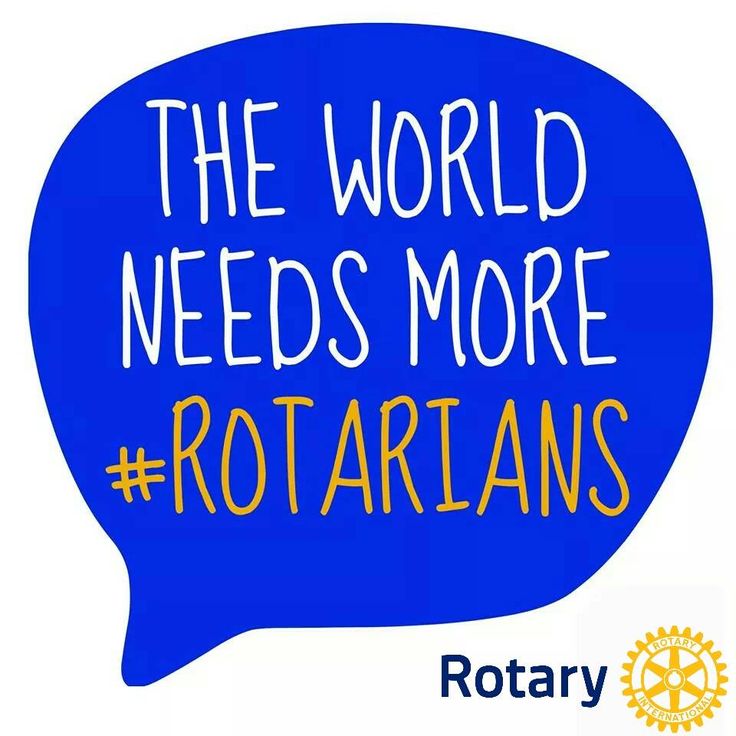
21st February 2024, members of Cannock Rotary heard about the North Star Project from PP Maurice Cryer our club Membership Lead. Rotary International has approved this five-year pilot for Rotary Great Britain and Ireland as well as Australia and New Zealand, as these are two regions experiencing a significant decline in membership. The aim is to look for new ways of adapting Rotary and increasing membership in these regions.
RGBI has lost over 40,000 members since 2010 and now has 35,000 members with 70% of those aged over 70. The goal of North Star is to increase membership to 60,000 by 2028. A budget of $800,000 over the next three years has now been approved for the two pilots.
Maurice spoke of the need for us to consider the perceived relevance of Rotary. What is it for and how can we grow existing traditional membership as well as encouraging new types of membership through a vigorous and sustained membership drive. Retaining current members is important, perhaps looking at new roles, different approaches, and improving technology used by Rotary so that it is relevant, more accessible and easier to use for members. This has already begun with Rotary View software which will replace the DMS system.
As regards new members, Maurice mentioned increased flexibility with the need to attend at least one meeting a month (for club membership) and the provision of more mentoring.
In encouraging new member, we should move towards equality in the number of men and women. Age, background, ethnicity, disability or special needs should not be a bar to Rotary, but all should be welcome to join. The importance of equality, diversity and inclusion should be recognised.
Maurice went on to describe the different types of membership, starting with the traditional clubs such as those present: they remain the cornerstone of Rotary because they involve fellowship, but need to change and grow.
Direct membership has been available since 2021 with the ‘Hub’, a virtual platform which has the advantage of 24/7 access and is not tied to a club. The average age of hub members is 60 and 22% of them are women.
Corporate membership involves an agreement with a business which then pays a subscription for employees to join a local club. The business will often have a primary corporate member, with several alternative members who can also take part in club activities.
Enterprise membership is a new concept which gives larger firms the opportunity of fulfilling their environmental and social responsibilities. It allows Rotary to welcome over 100 and up to 1000 members at once by engaging with business at a national level. The employees all become members of Rotary with access to the benefits it brings, including 1.4 million existing members. In return Rotary helps facilitate the social responsibility plan of the business through such events as impact days and volunteering projects.
Success for the North Star Project will be to reverse the decline in membership and to achieve the goal of 60,000 members by 2028 through a combination of club, direct and enterprise membership.
As Maurice concluded, it is early days for the North Star Project: we need to be positive, come up with ideas and try them out to see what works. The general feeling was that we need to find out more detailed information.
Maurice was thanked for his open mindedness in communicating what are fairly new ideas for most Rotarians present at the meeting.



